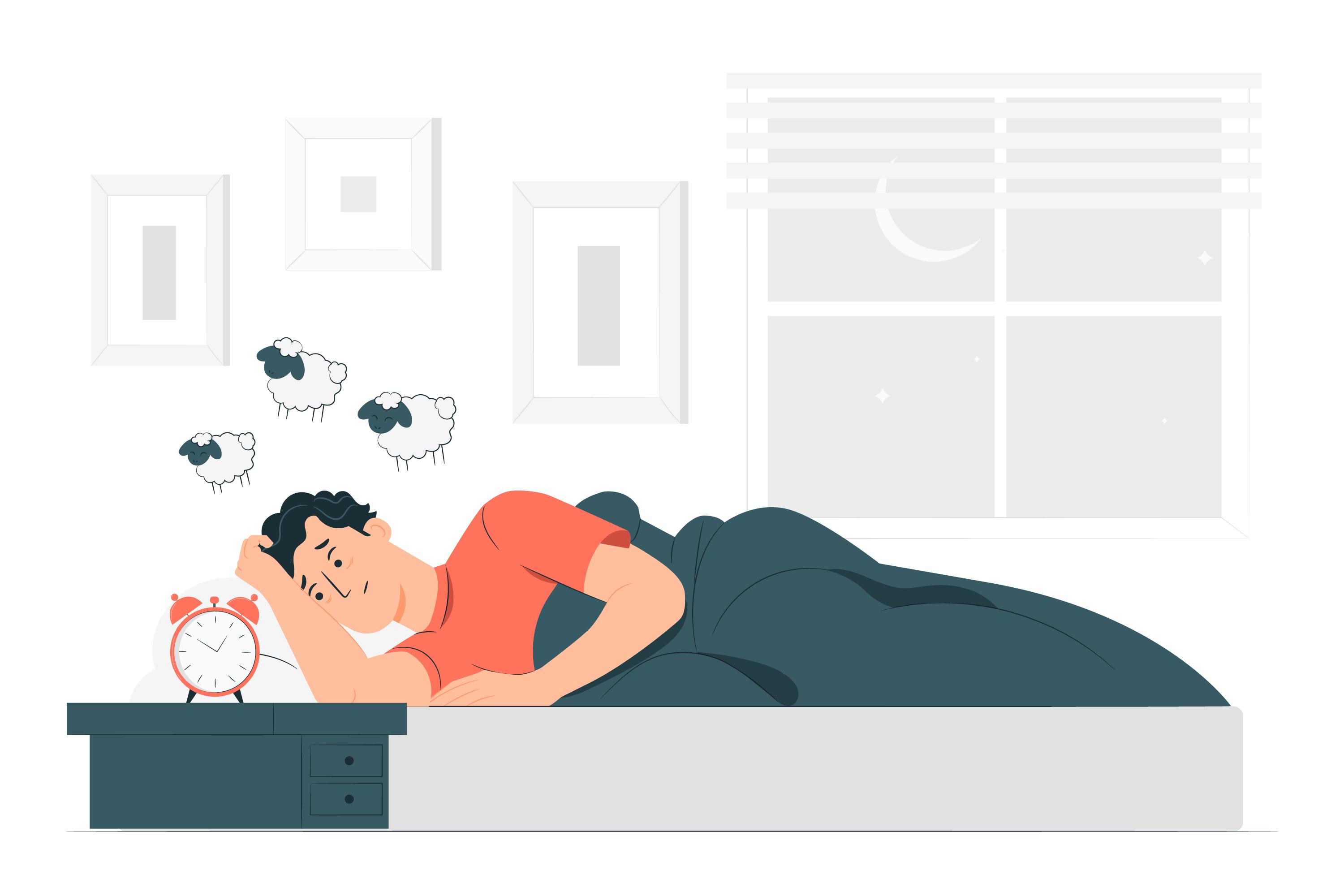Sleep is a vital component of our lives. We spend almost one-third of our time getting a good sleep. Its significance is paramount, comparable to the necessities of food and water.
Sleep influences a myriad of tissues and systems in our body, impacting everything from our heart, brain, and lungs, to our metabolism, immune function, and disease resistance. Beyond physical benefits, sleep is crucial for cognitive processes, facilitating neurone communication.
Our body and brain are more active while we sleep. In fact, sleep acts as a detoxifier, clearing out toxins that accumulate in the brain while we're awake. Overall, sleep is a multifaceted and dynamic process that profoundly affects every aspect of our well-being.
Despite knowing the importance of sleep, many of us struggle every day to get good sleep. There are a number of reasons for that including stress, illness, family responsibilities, workload etc.
We may not always have command over these sleep disruptors, but we can adopt practices that promote better sleep:
Establish a Sleep Routine: For most adults, a minimum of 7 hours of sleep suffices, with few requiring more than 8 hours to feel refreshed. It's beneficial to establish and adhere to a consistent bedtime and wake time even on weekends. This consistency reinforces your body's sleep-wake rhythm. If sleep eludes you within 20-30 minutes of lying down, engage in a calming activity, such as reading or listening to music, before attempting to sleep again.
Limit daytime naps: Afternoon naps disturb your night sleep cycle. Avoid taking even short naps in the afternoon. However, if you work nights, you might need to nap late in the day before work to help make up your sleep debt.
Look into what you eat and drink: Your dietary choices directly affect sleep quality. Avoid heading to bed on an overly full or empty stomach. Specifically, evade substantial meals close to bedtime, as they might induce discomfort. Steering clear of nicotine, caffeine, and alcohol is also advisable, given their stimulatory effects that can impede sleep.
Prioritise exercise in your lifestyle: Involve regular exercise as it helps to get good sleep. However, avoid being active too close to bedtime.
Manage stress: Stress is the main culprit for good sleep. Try to sort out all the worries before bedtime or leave it to the next morning. Stress management might help. Meditation helps to ease anxiety.
Conclusion
Everybody occasionally has a difficult time getting to sleep. However, if you frequently have difficulties falling asleep, speak with your doctor. You may be able to get the better sleep you need by figuring out the root of your issues and treating them. Sleep controls most of our day-to-day work. Good sleep improves our productivity in whatever work we do.


